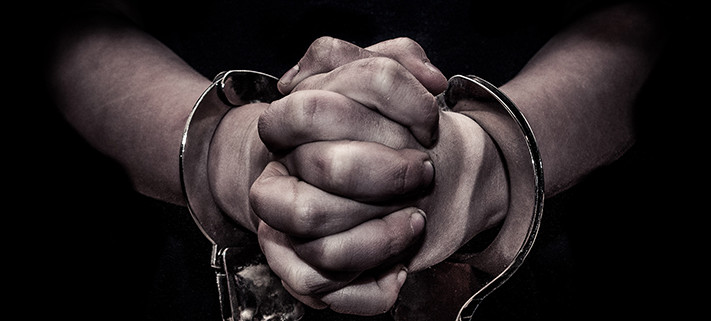King of kings and Lord of lords
On his robe and on his thigh he has this name written: KING OF KINGS AND LORD OF LORDS (Revelation 19:16).
We live in a world that is often affected by affliction, tragedy and disaster. Terrorist attacks, war, crime, shootings, lies, cancel culture, murder, disease, natural disasters—these are just some of the evils that affect our world. As sinful people living in a sinful world, these are sad realities that we must sometimes face. Even if we aren’t directly affected by any great tragedy, problems still affect us all.
Evil in the world around us and problems in our own lives can make us afraid. They can make us feel weak and helpless. Sometimes evil seems to have the upper hand. Sometimes it seems like this world is out of control. We might wonder, “Where is God? Who is in control?”
Our Savior Jesus is in control. The Bible assures us, “The Lamb will overcome them because he is Lord of lords and King of kings—and with him will be his called, chosen and faithful followers” (Revelation 17:14). Jesus, “the Lamb of God, who takes away the sin of the world,” is King and Lord supreme. He is in control of all things. He rules for the good of his people. His ultimate goal is to bring us safely to our eternal home in heaven.
“The Lamb will overcome them because he is Lord of lords and King of kings—and with him will be his called, chosen and faithful followers” (Revelation 17:14).
The evidence of his rule is seen in God’s plan for our salvation. On the cross, Jesus conquered sin, death, and the devil. He wasn’t caught off guard and forced to die. He has always been in control, even on the cross. Jesus willingly gave his life for us, only to take it up again. His death on the cross seemed like defeat, but he rose victorious. He has power over life and death. His resurrection is certain proof of our salvation and assures us of his loving rule.
He remains in control today, despite how it may appear to our human eyes. The Savior, whose love moved him to die for us, is the same Savior whose love leads him to rule everything for our eternal good. That truth calms our fears. It gives us strength to face the difficulties of life.
Especially in difficult times, we need to go to the one who is in control. We need to draw near him through his Word—the Bible. There we hear his promises. There we receive his comfort and reassurance.
He is King of kings and Lord of lords. What comfort I find in that truth!








